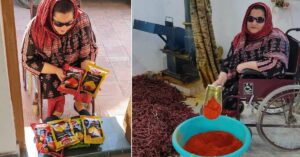Earning Rs 1 Cr, Bastar Man’s Forest-To-Fork ‘Bazaar’ Transforms Tribal Lives
Raised by two tribal women, Satendrasingh Lilhare grew up closely observing the issues of the community. He started 'Bastar se Bazaar Tak' - a forest-to-fork business that sells the produce directly to the consumer eliminating all middlemen.
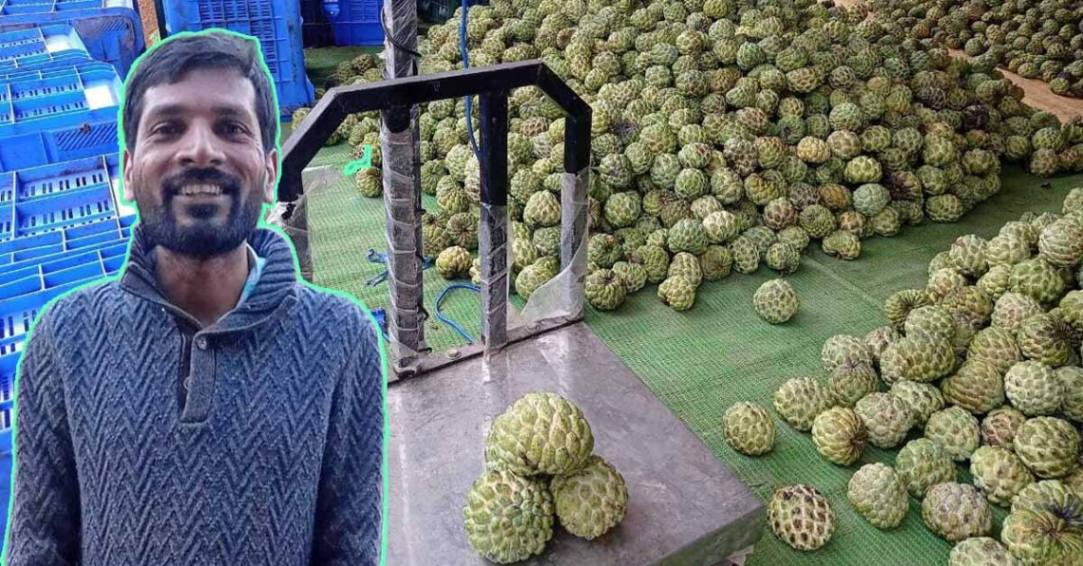
In the dense Bastar forests of Chhattisgarh, indigenous communities grapple with limited employment opportunities. Relying solely on their land for sustenance, the bountiful yields from the forests could potentially unlock the door to prosperity.
Yet, for decades, the situation has remained unsettled. Hindered by a lack of awareness regarding market prices in the mandi (a vegetable market), the owners of these products often fall victim to exploitative middlemen. What remains for the diligent farmers is a paltry income and an ongoing battle for survival.
Spanning a vast district in Chhattisgarh, this region is a significant producer of tamarind, custard apple, jamun, and more. Despite their tireless efforts, the hardworking women in the area find themselves with limited avenues for both independence and income.
Having grown up in a village on the border of Chhattisgarh, Satendrasingh Lilhare observed the issue firsthand. In a bid to support tribal women, he initiated a forest-to-fork venture, selling produce directly to the market, and eliminating intermediaries.
“Bastar Se Bazaar Tak is a venture that holds a special place in my heart. It’s dedicated to women, much like my mother and aunt, who have experienced a lifetime of relentless struggle,” he passionately conveys to The Better India.
Satendrasingh’s journey started when he was a young boy and spans decades of struggle, here is his journey.
The Journey From Bastar to Bazaar
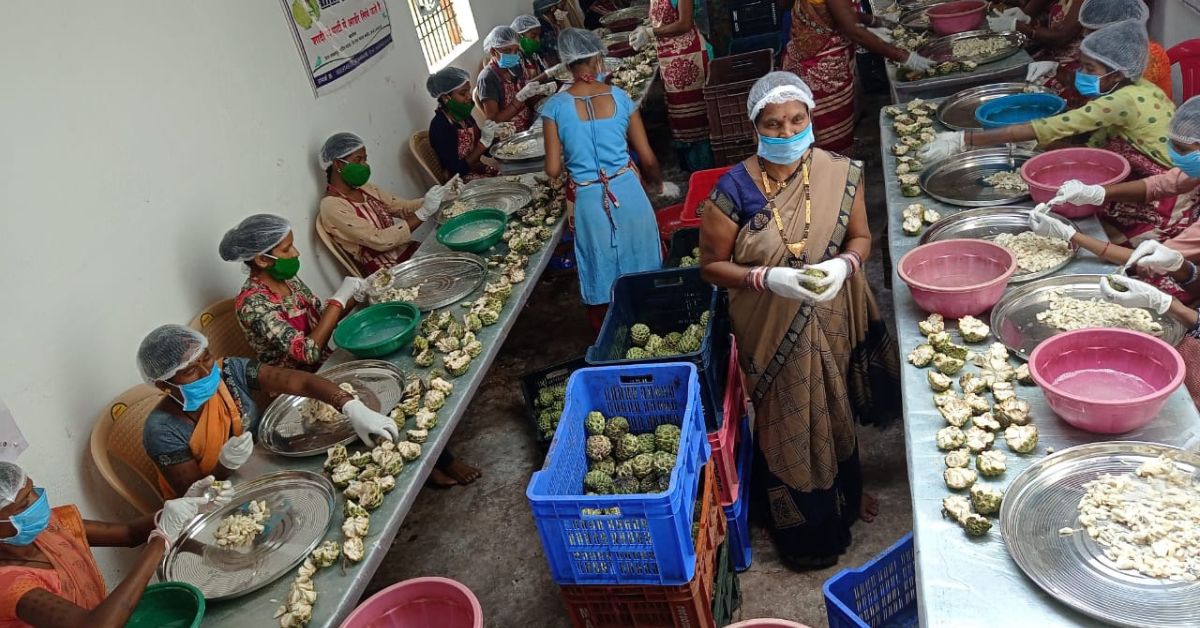
Raised by his Maa and Maasi (mother and aunt), Satendrasingh Lilhare grew up intimately acquainted with the challenges faced by tribal women. “My mother and aunt would toil for hours on the farms, only to receive a meagre income. Our household, my education, and our well-being were all contingent on a very modest amount of money,” he reflects.
Coming from a financially constrained background, Satendrasingh harboured a persistent dream of improving his family’s circumstances. “Education was my only escape from this cycle. So that’s what I pursued. Most of my education, from college to school, was made possible through scholarships,” he shares.
While Satendrasingh ventured out of his village, he always sensed that his path would ultimately lead him back home. “I was away from home, but I always knew that at some point in my life, I would go back and work with tribal women. I dedicated almost a decade to the social and developmental sector to understand its dynamics,” he explains.
The concept of “Bastar Se Bazaar Tak,” crystallised during his tenure with a non-profit organisation in Bastar. “I realised that the primary challenge faced by women and farmers in the area is the prevalence of middlemen. They seldom receive a fair price for their produce, and the profits end up in the middleman’s pocket,” he notes, expressing his desire to grasp the intricacies of the business before launching his venture. “I completed a two-year course in business management before starting Bastar Se Bazaar Tak,” he adds.
One of the initial challenges in setting up his business was reaching the remote areas where these women resided. “Despite being from the nearby region, they perceived me as an outsider,” he remarks.
“I was lucky enough to find people from the villages who were in touch with the farmers who helped me. I went and explained how I wanted to help them earn a better living and win their trust. After months of meeting women from different villages, I was able to start the business,” he says.
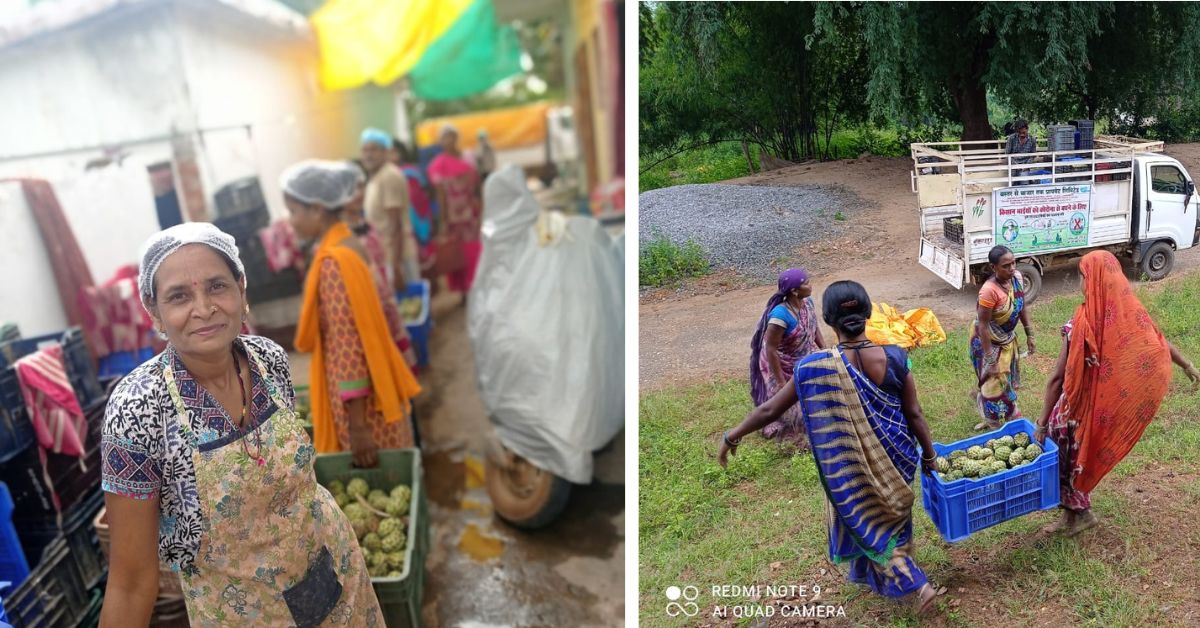
In 2020, he founded the business and sells the products under the brand name ‘Forest Naturals’.
‘I don’t want to do charity’
While doing something for his people was always on Satendra’s mind, he had two paths to choose from — charity or business.
“I firmly believe that women and tribal communities are not seeking another non-profit organisation to simply do something. They desire tangible jobs and employment opportunities. When the decision fell upon me, I opted to provide them with a genuine avenue for income,” he states, emphasising that the response has been overwhelmingly positive.
Talking about how the company works, Satendrasingh informs, “Our business model works in three ways — we have direct intervention, social side and collaboration with the government. We have direct contact with some farmers, and we also collaborate with the some panchayats which help us procure the products. Once they are procured, we hire women to sort, pack and distribute the produce while we also have cold storage to store the items for the future.”
He explains further, “At Bastar Se Bazaar Tak, we adhere to a fair measurement and pricing system. Women bring their produce and receive the market price without any commissions. In addition, our venture actively employs women for tasks such as washing, sorting, and grading the produce. This approach not only ensures fair compensation but also contributes to the creation of flexible and supportive local employment opportunities.”
The brand sells a plethora of products which include fruits and nuts, vegetables, fish and game, medicinal plants, resins, essences, and fibres. Currently, Satendrasingh has 1,550 tribal women working with him from the villages in and around Bastar.
The products are delivered and have demand all over the country including cities like Mumbai, Hyderabad, Pune, Raipur, among others.
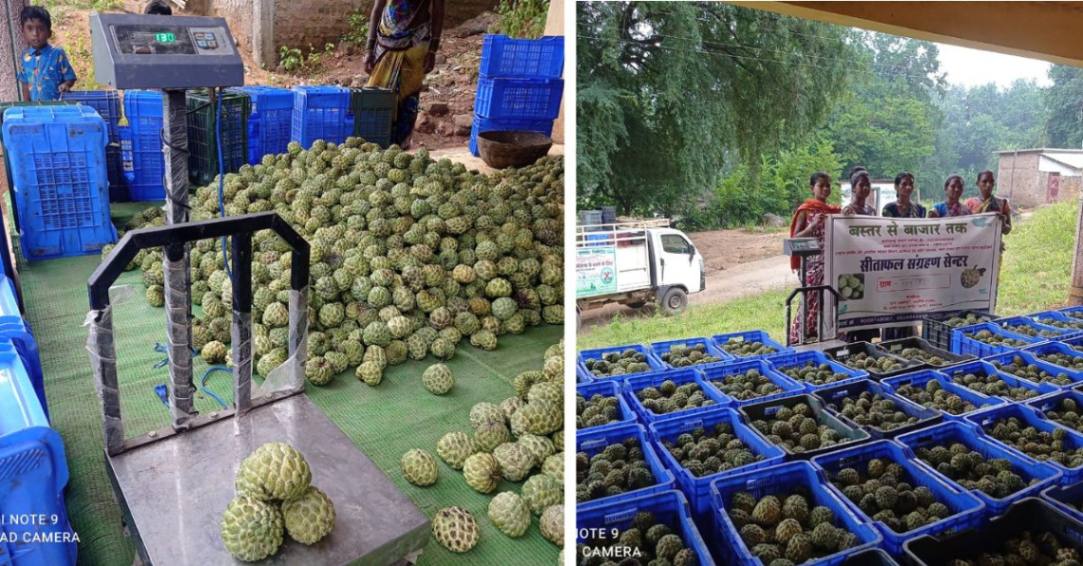
So far, the company has sold 50 tonnes of produce since its inception and has been able to make Rs 1 crore in revenue so far. The products are available to buy on Amazon or in Jio Mart.
Among the thousands of women working with Satendrasingh is Pancho Jyoti. “My life has completely changed since I started working with Satendrasingh bhaiya (older brother). Earlier, I had to carry the tamarinds to the market only to get a minimal amount of money. But now, people from his company come and take the produce. Within ten days, we get a fair price for our produce transferred into our accounts,” she says.
A mother of three, Pancho is now able to uplift their living standards. “I used to earn Rs 1,000-1,500 after a month of hard work before. But here we get nearly Rs 5,000-6,000, depending on the produce, every 20-25 days. He has given us ajivika (livelihood) and a better way of living,” she adds.
(Edited by Padmashree Pande)
If you found our stories insightful, informative, or even just enjoyable, we invite you to consider making a voluntary payment to support the work we do at The Better India. Your contribution helps us continue producing quality content that educates, inspires, and drives positive change. Choose one of the payment options below for your contribution- By paying for the stories you value, you directly contribute to sustaining our efforts focused on making a difference in the world. Together, let’s ensure that impactful stories continue to be told and shared, enriching lives and communities alike. Thank you for your support. Here are some frequently asked questions you might find helpful to know why you are contributing?

This story made me
-
97
-
121
-
89
-
167




